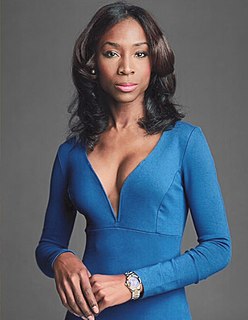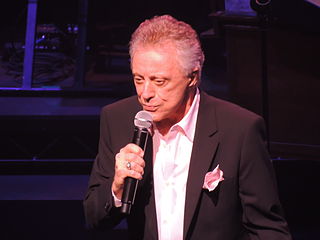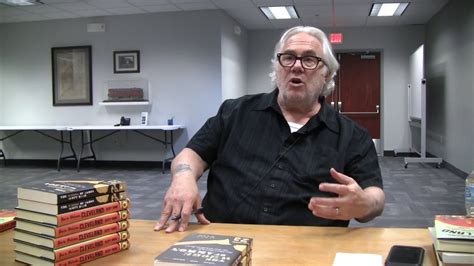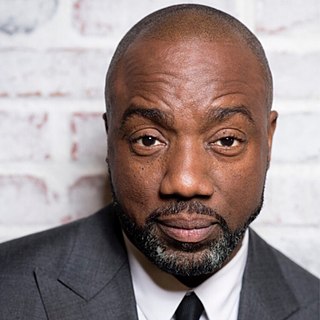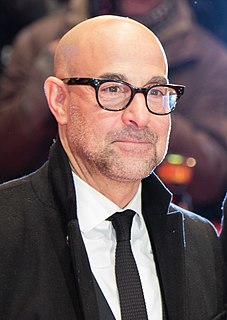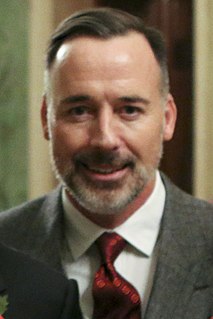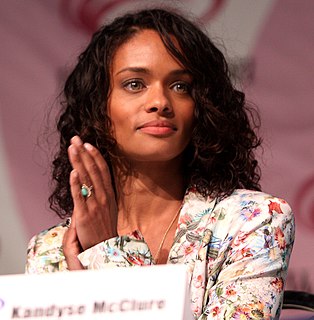A Quote by Angelica Ross
After I came out to my mother at 17, I ran away from home and lived with a friend. We come from a highly religious family, and she could not accept it. It was devastating, and I was depressed.
Related Quotes
The idea of the book ["The Japanese Lover"] came in a conversation that I had with a friend walking in the streets of New York. We were talking about our mothers, and I was telling her how old my mother was, and she was telling me about her mother. Her mother was Jewish, and she said that she was in a retirement home and that she had had a friend for 40 years that was a Japanese gardener. This person had been very important in my friend's upbringing.
We do not know what we can bear until we are put to the test. Many a delicate mother, who thought that she could not survive the death of her children, has lived to bury her husband and the last one of a large family, and in addition to all this has seen her home and last dollar swept away; yet she has had the courage to bear it all and to go on as before. When the need comes, there is a power deep within us that answers the call.
My late wife - she died of cancer. We tried everything we could do to save her. I wish that I could have done more and that I could have been with her at the moment she passed away. I couldn't be in that room because I knew it would be so devastating that I wouldn't be able to take care of the kids after.
She knows where she's going, and what she has to do. She could, after all, find her way to Route 95 South blindfolded. She could do it in the dark, in fair weather or foul; she can do it even when it seems she will run out of gas. It doesn't matter what people tell you. It doesn't matter what they might say. Sometimes you have to leave home. Sometimes, running away means you're headed in the exact right direction.
The very first role I ever played was as a 17-year old South African girl who dreamed of being a star and left home to meet her mother in the big city so that she could pursue that dream. I left South Africa and met my mother in Vancouver and not long after that was given the opportunity to perform on the stage and have people chant my name.
